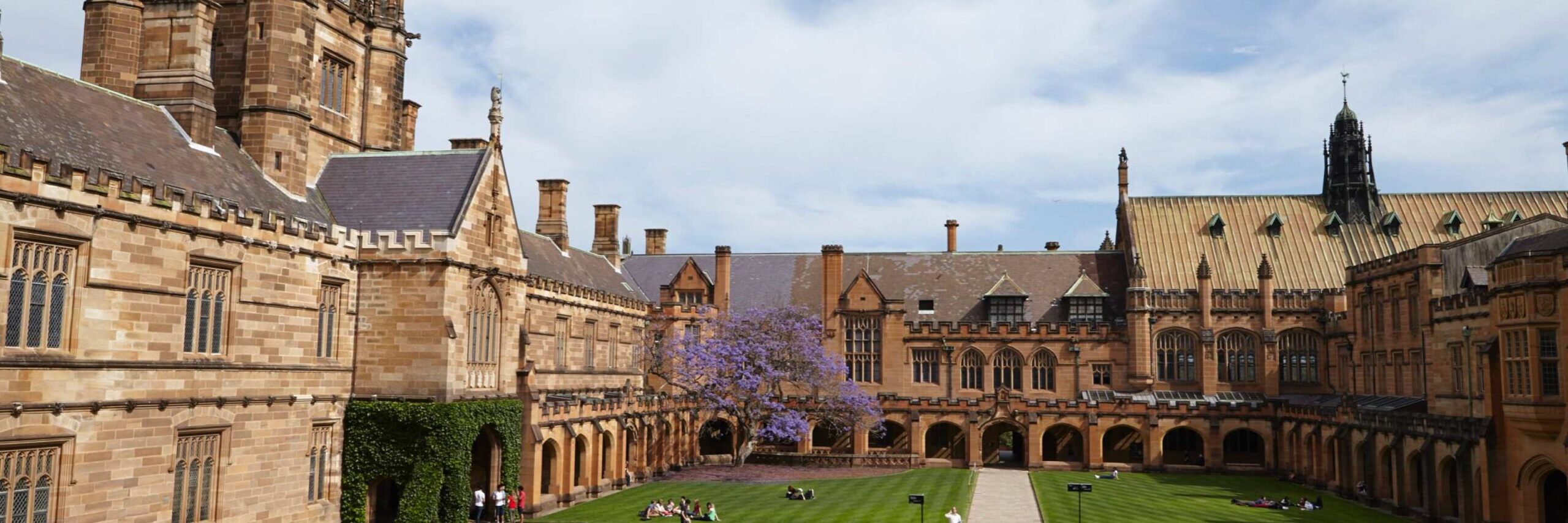Education Minister Jason Clare announced new international student enrolments will be capped at 270,000 across universities and vocational institutions for 2025. Image source: Knowledgeispower3, via Wikimedia Commons.
The federal government has announced it will introduce a cap limiting the enrolment number of new international students in an effort to curb migration.
Education Minister Jason Clare said at a press conference on Tuesday 27 August that enrolments would be capped at 270,000 for 2025.
Under the reform, new international enrolments will be limited to 145,000 for public universities, 95,000 for vocational training and education (VET) providers, and 30,000 for other universities.
The decision follows a record influx of migration to Australia amid public concerns about the soaring cost of housing.
February saw the international student population reach over 700,000 for the first time.
In July, the Albanese government more than doubled the visa application fee for international students.
“There’s about 10 per cent more international students in our universities than before the pandemic, and about 50 per cent more in our private vocational and training providers,” said Clare.
“What this means is next year there will be about the same number of international students starting a course here as there were before the pandemic.”
Shadow Education Minister Sarah Henderson said the Coalition welcomed the cap in-principle but more detail was needed as its impact on net migration and housing was still unclear.
The announcement has drawn sharp criticism from the higher education sector.
Universities Australia chair David Llyod said in a statement, “International student fees help drive Australia’s economy and support universities to operate, making up a shortfall in government funding for research, teaching and campus infrastructure.”
Greens education spokesperson Mehreen Faruqi accused Labor and Clare of “charging ahead with this terrible policy” despite “the near unanimous opposition from the higher education sector”.
“The weak Albanese government is playing right into the fear mongering, dog whistling, racist agenda of the Coalition and putting migrants and international students in the firing line,” said Faruqi.
Writing for the Guardian, journalist and former international student Wing Kuang said, “I know why international students are always targeted when it comes to policies like these: because we aren’t voters in any elections.”
“A key issue is the lack of sustainable funding for universities in the past two decades, which has pushed higher education institutions to seek alternative financial avenues through international student engagement,” said Kuang.
“Not only do these policies targeting international students fail to meaningfully address any of the issues, but they escalate stigmatisation against the group, as well as racism.”
Australia has the second-highest share of international students in the world after Luxembourg and international education is Australia’s fourth-largest export industry.





